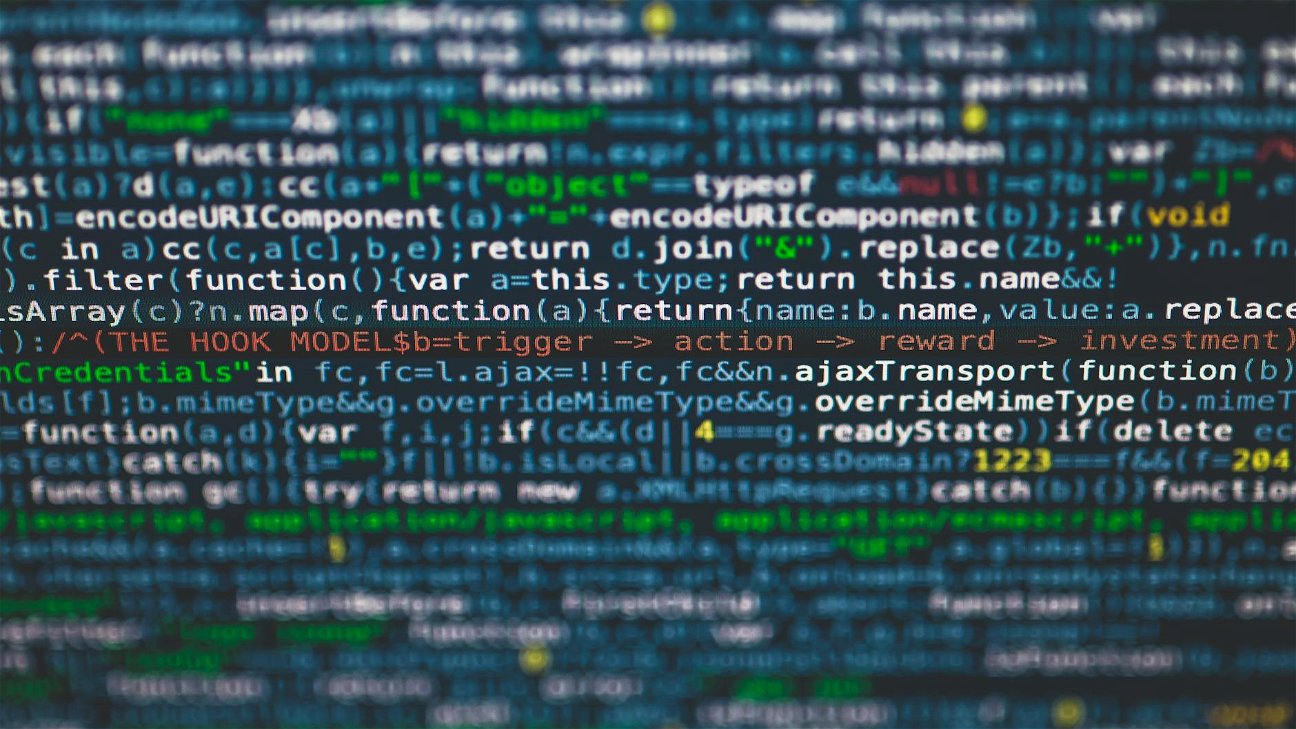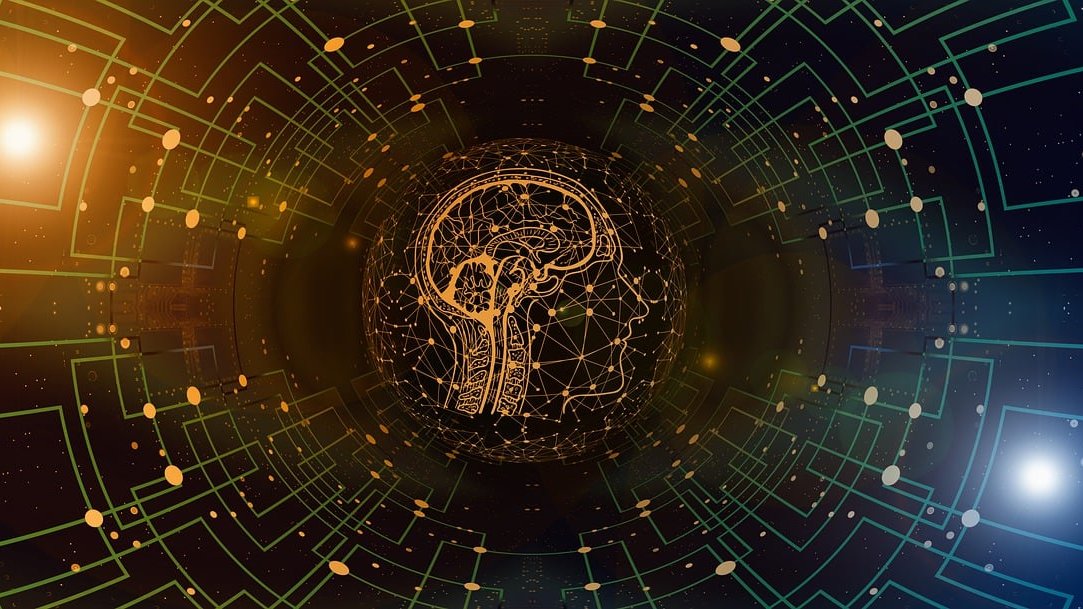
As generative AI tools gain widespread use, with potential implications on professional jobs, there is a growing debate on whether these changes will enhance or degrade the quality of work. Experts weigh in on potential scenarios: the division of complex roles into simpler tasks, job loss due to automation, and emergence of new job roles.
AI's potential to simplify professional roles
As generative AI tools like ChatGPT continue to gain traction, there is growing concern about the potential impact on traditional professional jobs, especially higher-paying fields like legal and financial services. Experts suggest that these tools could 'break up' a complex job role into simpler tasks, each requiring less expertise. For example, the entertainment industry, particularly scriptwriting, could witness the fragmentation of the writer's role into various specialized tasks, such as dialogue finishing or premise coordination. While this could potentially lower the skill requirement for these roles, it could also result in lower pay, effectively transforming 'good jobs into bad jobs.'
Historically, technological advancements have sometimes led to job losses, and the advent of generative AI might not be any different. To illustrate, take the example of the transition from silent films to 'talkies' in the 1920s. Before the introduction of recorded sound in films, live musicians were employed in movie theaters to provide the soundtrack. The onset of 'talkies' significantly reduced the need for these musicians, as one recorded soundtrack could be used in multiple theaters. Much like this, generative AI has the potential to drastically reduce the number of people required to perform certain tasks, possibly leading to job losses in the process.
Generative AI: Automating tasks and creating new jobs
Despite the potential negative implications, generative AI could also have beneficial impacts on the workforce. For one, it could automate repetitive, formulaic tasks, such as grant writing in academia or writing basic code outlines in programming. This could save significant time for professionals in these fields. Moreover, the rise of AI has already led to the emergence of new job roles, such as AI consultant and AI video editor, signifying that such tech advancements could also create new avenues for employment.
Shaping the future of work in an AI era
While AI is likely to bring significant changes to the workforce, it's important to remember that the future isn't set in stone. Much of what happens will be driven by the choices made by those in charge of businesses and workforces. As such, workers have a crucial role to play in shaping the future of their industries. Advocacy for fair labor practices, collective bargaining, and staying adaptable and up-to-date with emerging technologies can help ensure that the transition to an AI-influenced future of work is as beneficial to workers as possible.










